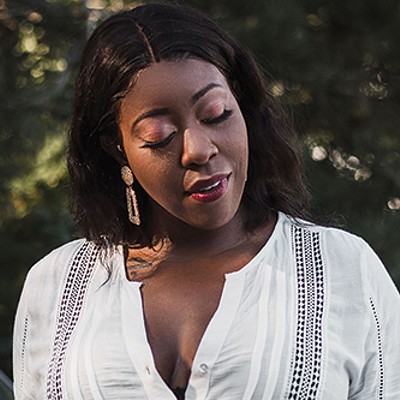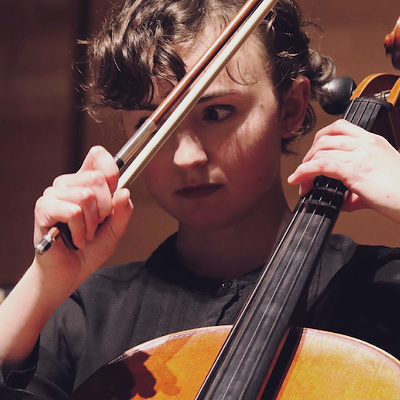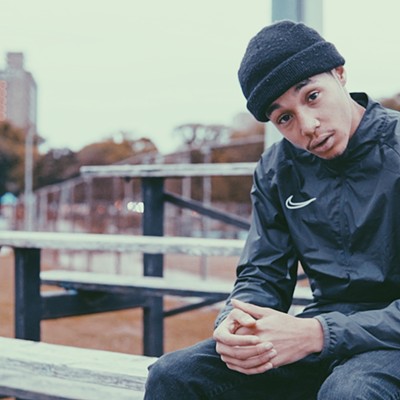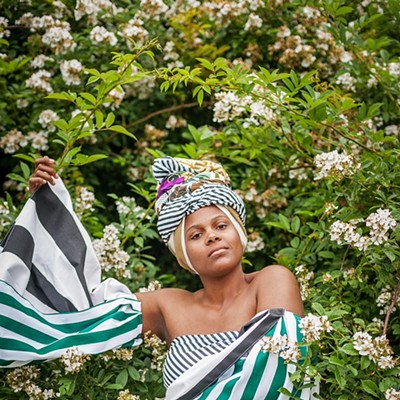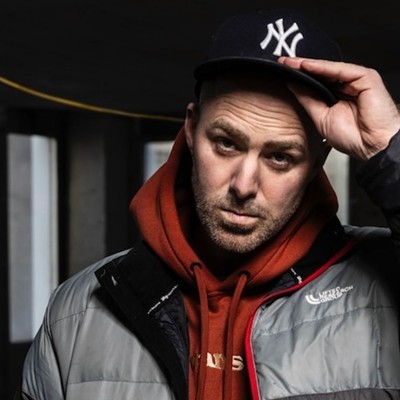Everybody under the age of 45 likely has a story about the first time they heard Pixies. But unlike Shawn Duggan, a local actor, most people didn't actually get to see them perform live at the height of their career. "I saw them in '89 at the Commodore Ballroom in Vancouver. I think they were still touring Doolittle. It was a double or triple headline and one of the band's on the bill was Mudhoney," says Duggan.
For a new generation of fans, the chance to see the legendary alt-rockers in person won't just be for those who remember the '80s, as Pixies take the stage April 9 at the Halifax Metro Centre to perform their landmark album Doolittle in its entirety.
Forming in Boston in 1986, the four-piece rock band---comprised of singer/guitarist Frank Black, singer/bassist Kim Deal, guitarist Joey Santiago and drummer David Lovering---quickly gained critical adoration from music critics and fans in the burgeoning American indie rock scene of the late 1980s. Topping the college radio charts with the debut LP Surfer Rosa and sophomore Doolittle, Pixies further gained notoriety across the pond in the UK and the rest of Europe. With its blend of sunny guitar pop and visceral rock, the band amassed a staggering cult-following overseas that initially rivalled their fanfare at home. But with fans in Kurt Cobain, Radiohead and Sonic Youth, Pixies became figureheads of the burgeoning grunge movement, even with the band's pop-sensibilities and melodic songwriting at the forefront of their music.
In the early 1990s tensions arose in the band for a number of murky reasons that have never been fully clarified, leading to its disbandment in 1993. But as the decade progressed, interest in the band rose due to their use in popular films and a general growing interest in the roots of American indie-rock in the form of Michael Azzerard's Our Band Could Be Your Life and the greatest-hits compilation Death to the Pixies in 1997.
In 2003, rumours of the band reuniting circled with an official announcement in early 2004, right in time for the release of Wave of Mutilation: Best of Pixies to a new generation of fans.
Which leads us to this weekend. After the band of 40-something rockers takes the stage of the Metro Centre, it will embark on a 21-date North American tour that sees half of the venues sold-out, including all pre-sale tickets. Even though the group has performed a number of tours around North America, the Doolittle tour is not only their most ambitious one in Canada to date, but comes at a time of great uncertainty for live music in Halifax.
After a year of ramshackle outdoor shows (Black Eyed Peas, the possibility of Kid Rock) and fear of smaller venues closing in the near future, a group of figures from Halifax's artistic community sat down with The Coast to discuss the concert, what it means to them, and the future of live music in the city.
Lia Rinaldo, festival director of the Atlantic Film Festival, on reunion concerts: "I'm definitely excited to see them. I love seeing bands from a specific time period get back together. I just got back from South by Southwest and there was all kinds of stuff like that happening from Duran Duran to OMD. I guess I'm nostalgic just like anyone else is, especially when people have a good enough relationship to get back on stage. It's amazing to catch stuff like that, even if it feels it's a little too late."
Shawn Duggan on the stigma of reunited bands and the concept of the Doolittle tour: "I'm usually not a fan of bands that reform. I'm usually not interested in that stuff. I kind of think people should just leave their legacy alone. I don't like it when they break up and get back together 10 years later---it almost never works. I can't tell what's worse, if they play old material or try to write new material, it's really hard to see," he says. "But this concert I'm really excited for. I think it's a really interesting idea when bands do that---play an album in its entirety---even though I'm not sure why they do that. I like to see a really singular experience when I see something live. I want to hear them do weird covers, I want them to do B-sides, stuff they've never recorded performed live. I much rather hear them do the UK surf version of "Wave of Mutilation," the really slow laid-back one with the heavy reverb on the guitars. That would be great."
Mike Campbell, co-owner of The Carleton and MuchMusic veteran, on what it means for the city: "I think it says a lot about the fanbase for bands like that in this city; that it is still big enough to warrant a show of that size. I think it tells me that the people who are into it still want to see it and are interested in paying money for big acts. Halifax is a prime market for this kind of stuff, because most touring acts never made it here when they were originally together. This is not on anybody's touring route, which is one of the biggest problems we've got and one of the reasons it's hard to get half-decent shows here."
Nancy Urich of Dog Day, on the possibility of better outdoor concerts and festivals: "I like the whole outdoor concerts in Halifax thing, but don't always agree with the bands that are picked. The Pixies came here because they were petitioned by fans via the internet to come and thankfully they responded. So maybe the fans have more of a role to play. People should start going after the bands they want, rather than let the city make that decision for them."
Duggan, on better concerts: "I think it's a really good sign that a band like the Pixies can come here here and sell out so quickly. Maybe more bands will follow suit."
Matthew Ritchie is a Halifax-based journalist. He can play "The Holiday Song" on guitar better than you.
Like this story's illustration? It can be yours to own! Handprinted posters by Stephen Bishop are available at hellodaylight.ca.



